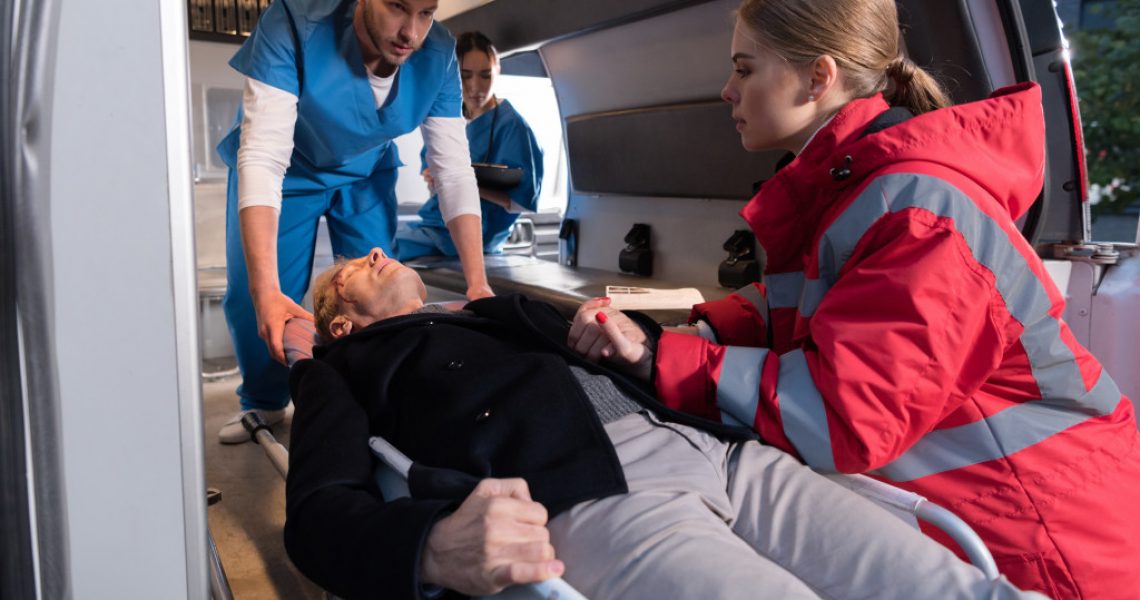A medical emergency can happen at any time without warning. That’s why it is so important for families to be prepared in case one occurs. The first step is to develop a plan and ensure everyone in the family knows what to do. Here are some tips on how to do just that.
1. Choose a Primary Caretaker
This person will ensure everyone in the family is aware of the plan and knows what to do in an emergency. They will also be the ones to coordinate with medical professionals if an emergency does occur. Here are some things to consider when choosing a primary caretaker:
- They should be someone who is levelheaded and can think clearly in a crisis.
- They should be familiar with the medical needs of each family member.
- They should be comfortable communicating with medical professionals.
2. Make a List of All Medical Conditions and Allergies
Each family member should have a list of their medical conditions and allergies. This list should be easily accessible and known by all members of the family. It is also important to keep this list up to date in case any new conditions or allergies develop. For each condition or allergy, be sure to list the following information:
- The name of the condition or allergy
- What symptoms to look for
- What medication is needed (if applicable)
- What to do in the event of a reaction (if applicable)
3. Develop a Communication Plan
In the event of an emergency, it is important to have a plan for how family members will communicate with each other. This is especially important if someone is away from home at the time of an emergency. You may want to consider setting up a group chat or text thread where everyone can stay in contact. You may also want to choose a designated meeting place in case you are unable to reach each other by phone.
Not only is it important to have a communication plan for an emergency, but you should also have a plan for regularly checking in with each other. This is especially important for families with young children or elderly relatives. You may want to consider setting up a weekly video call or check-in text thread to make sure everyone is doing okay.

4. Know Your Insurance Information
Keep a copy of your insurance card in your wallet or purse at all times. If you have more than one type of insurance, ensure you know which one will cover what in the event of an emergency. In addition, be familiar with your insurance company’s policies and procedures.
Know how to file a claim and what documentation you will need to provide. Also, be aware of any deadlines for filing a claim. No one wants to think about dealing with insurance paperwork in the midst of a medical emergency, but it’s important to be prepared.
5. Learn CPR and First Aid
CPR and first aid are life-saving skills that everyone should know. There are many BLS courses available online and in person. These courses can teach you how to perform CPR properly and provide basic first aid. In the event of a medical emergency, every second counts.
Knowing CPR and first aid could mean the difference between life and death. So, it’s well worth the time to learn these skills. Also, be sure to keep up with your certification by taking a refresher course every few years.
6. Put Together a First Aid Kit
A first aid kit is an essential part of any emergency plan. This kit should be easily accessible and contain everything you need to treat minor injuries and illnesses. Here are some items to include in your first aid kits: bandages, gauze, tape, scissors, wipes, soap, gloves, a thermometer, and a first aid manual.
You may also want to include copies of important documents like your driver’s license, Social Security card, and birth certificate. Your first aid kit should be tailored to your specific needs, so be sure to add any items that are unique to your family. This could include items like EpiPens or medications.
Being prepared for a medical emergency doesn’t have to be complicated or time-consuming—it just takes some planning and forethought. By following these simple tips, you can rest assured knowing that you and your loved ones are as prepared as possible for whatever comes your way. So take some time today to sit down with your family and create an emergency plan—it could very well be a lifesaver.

